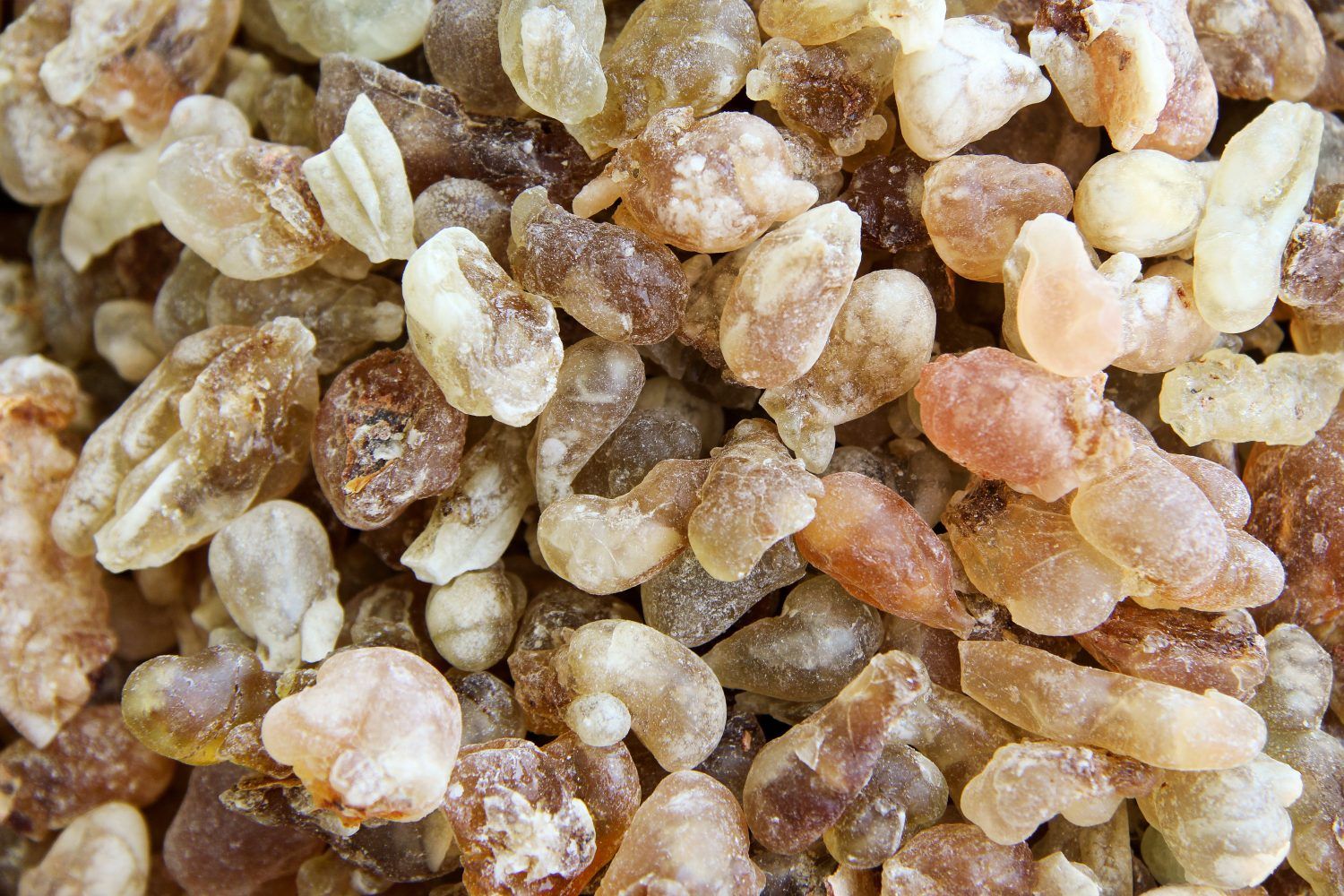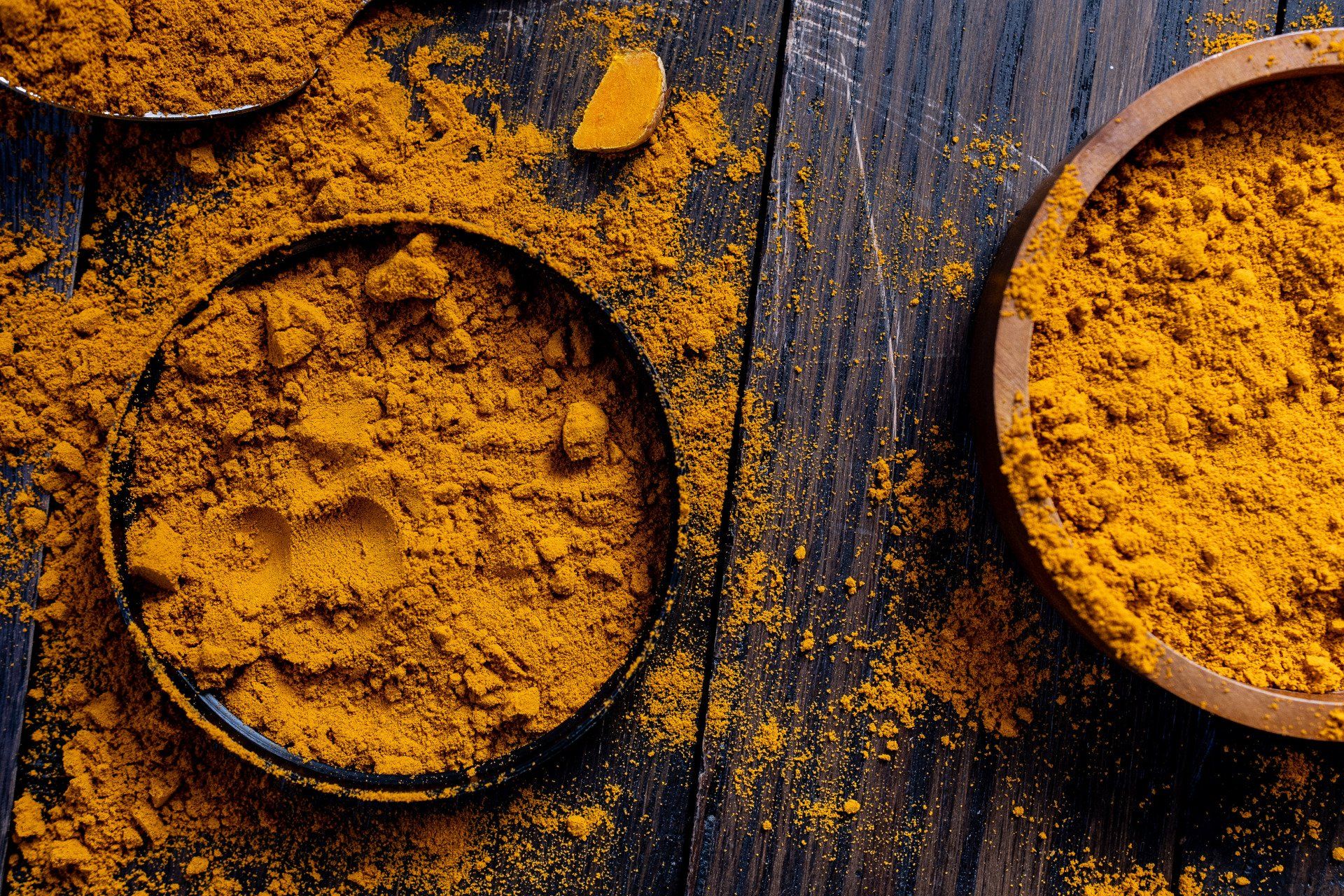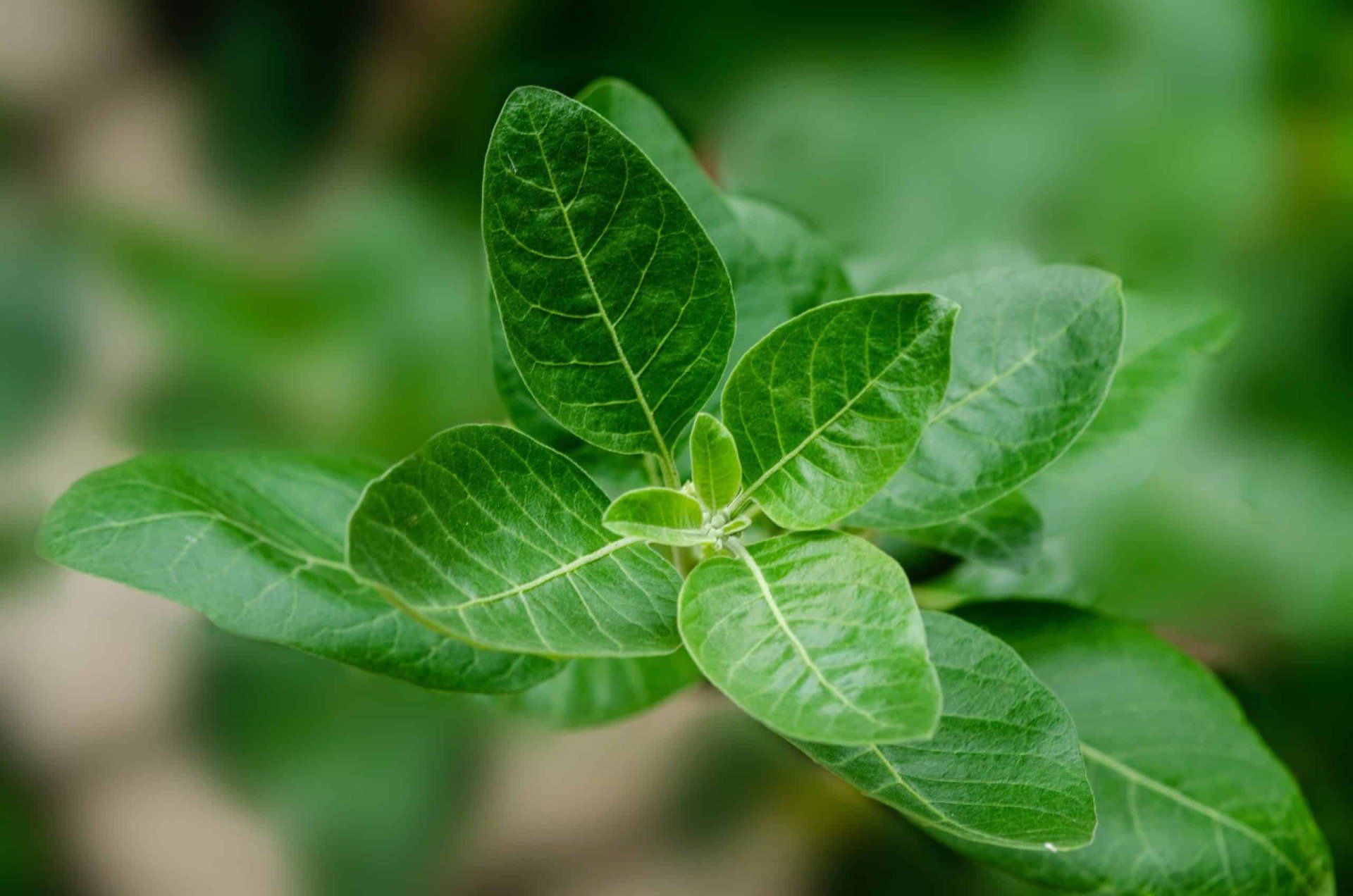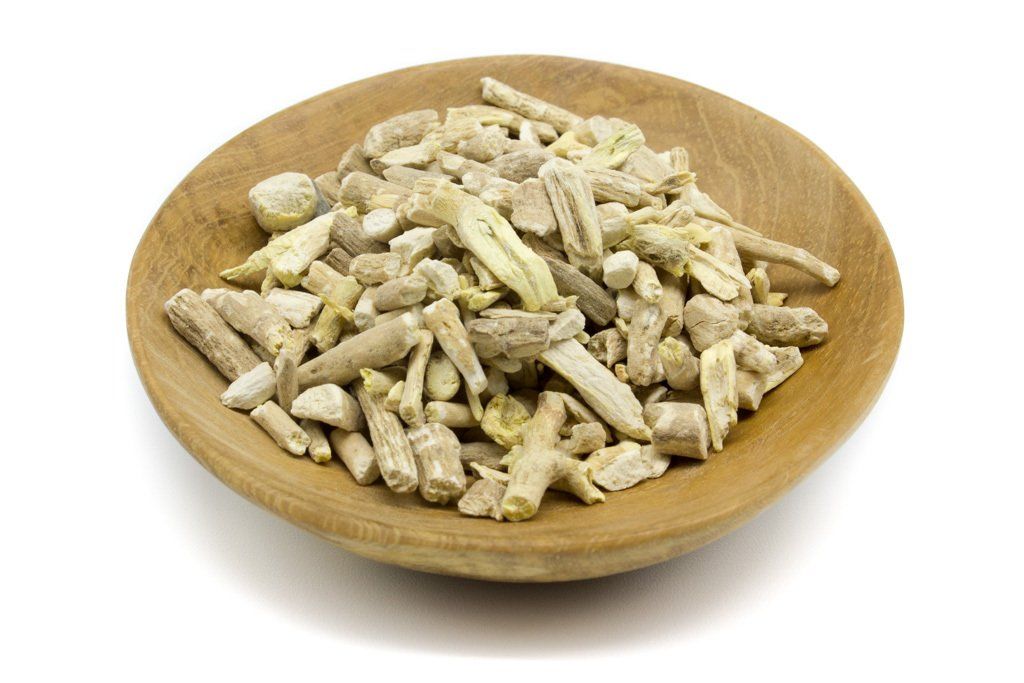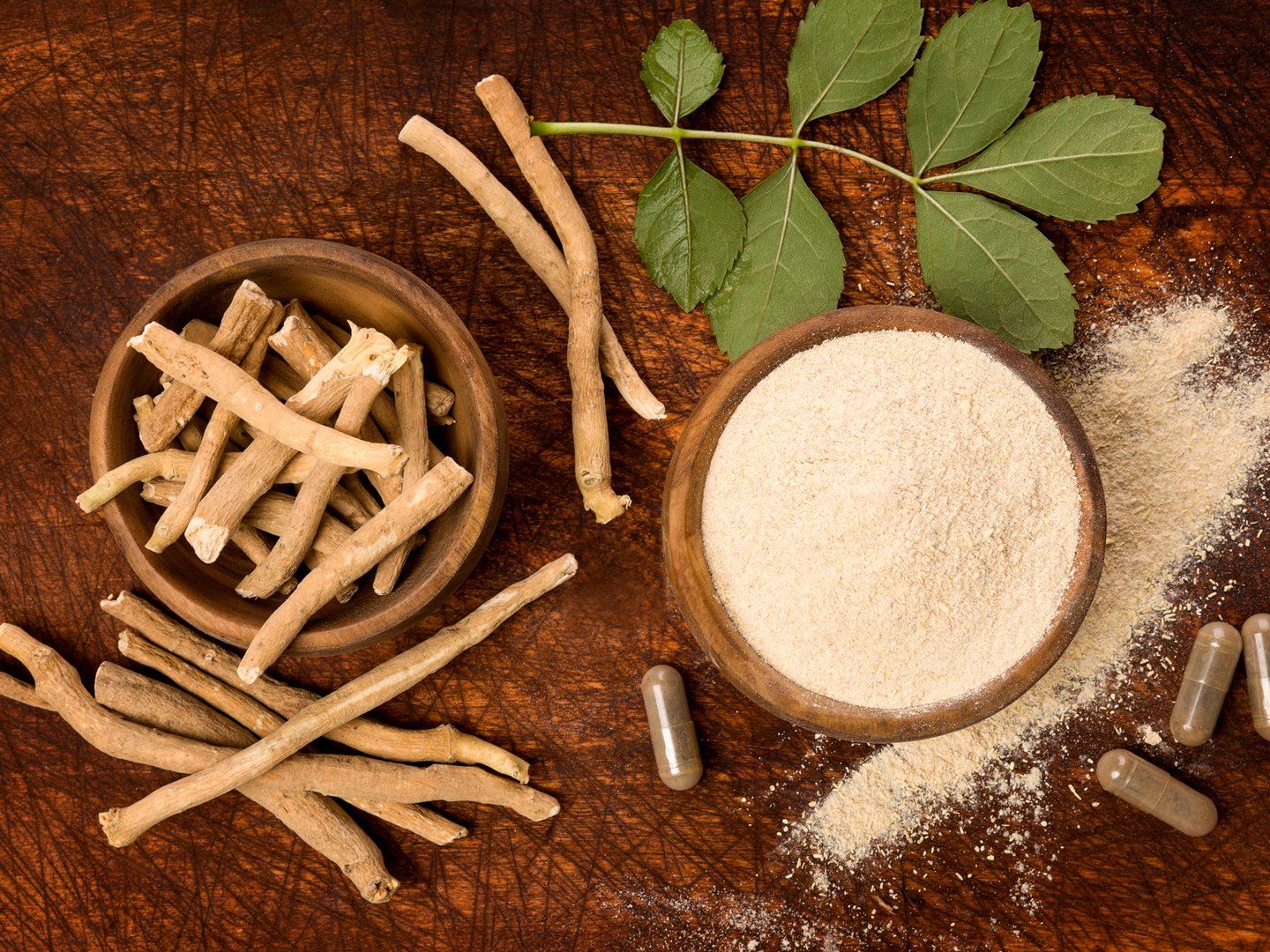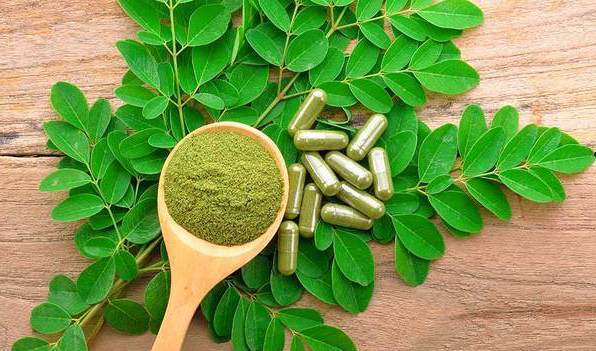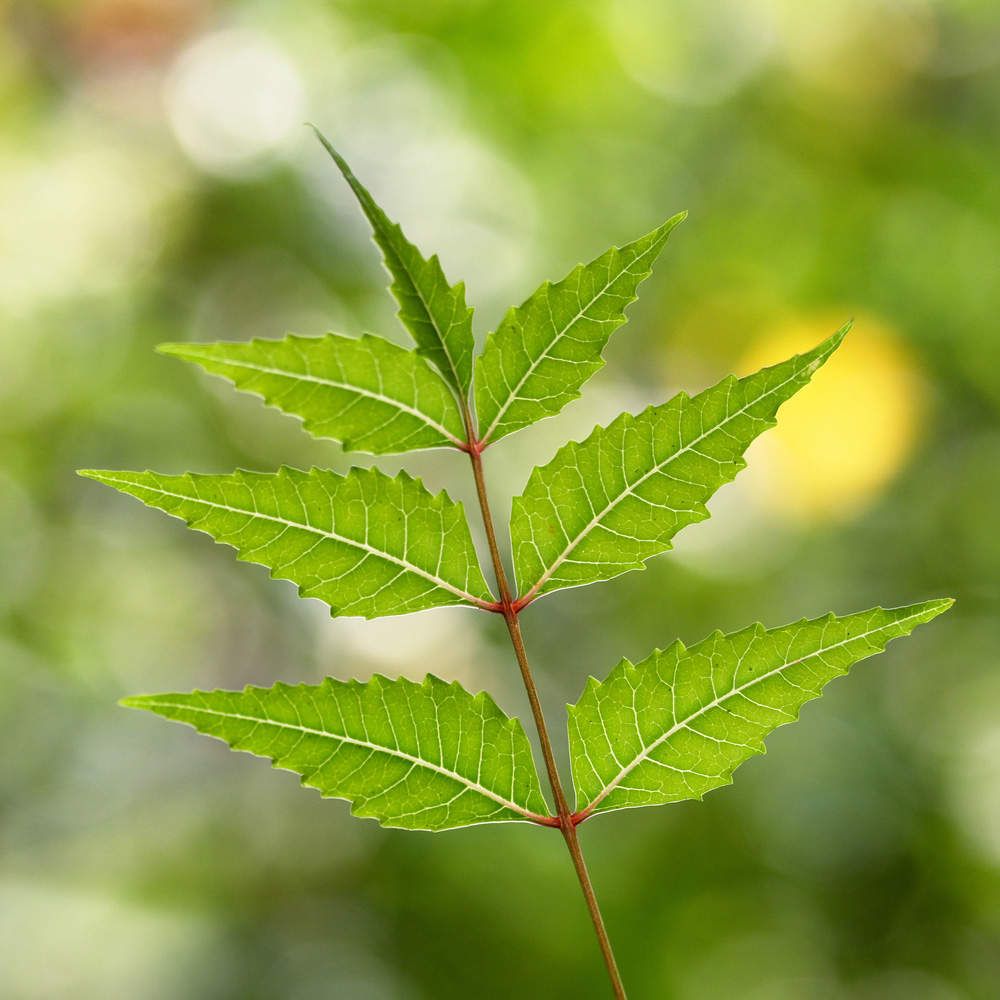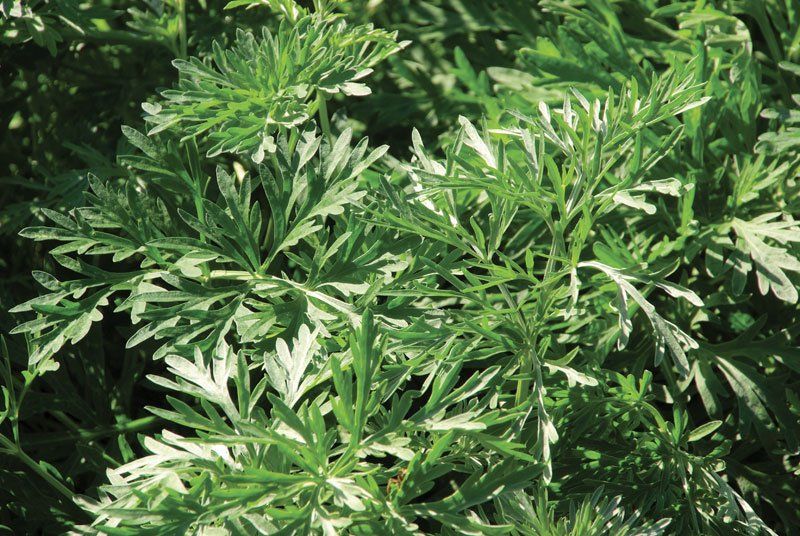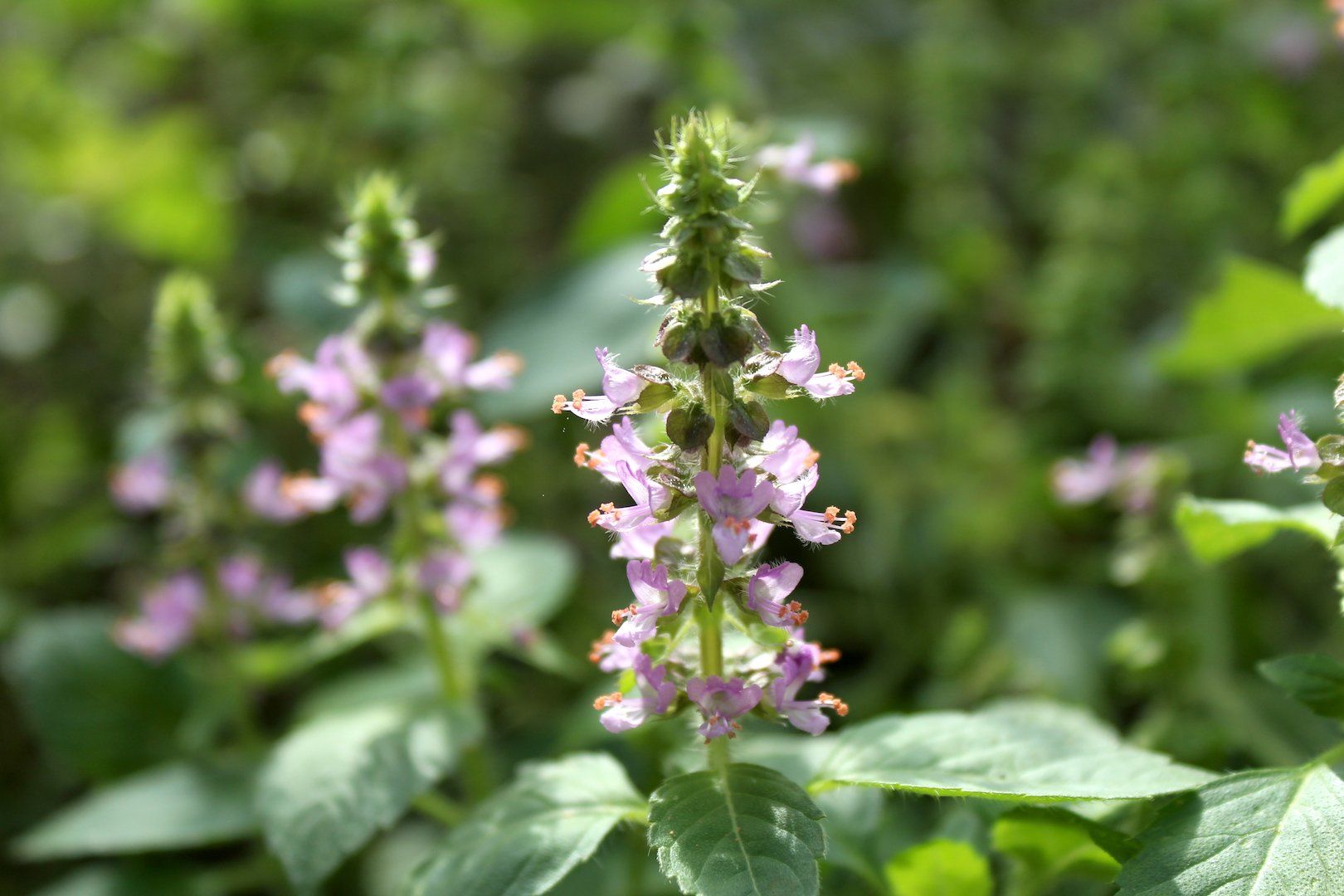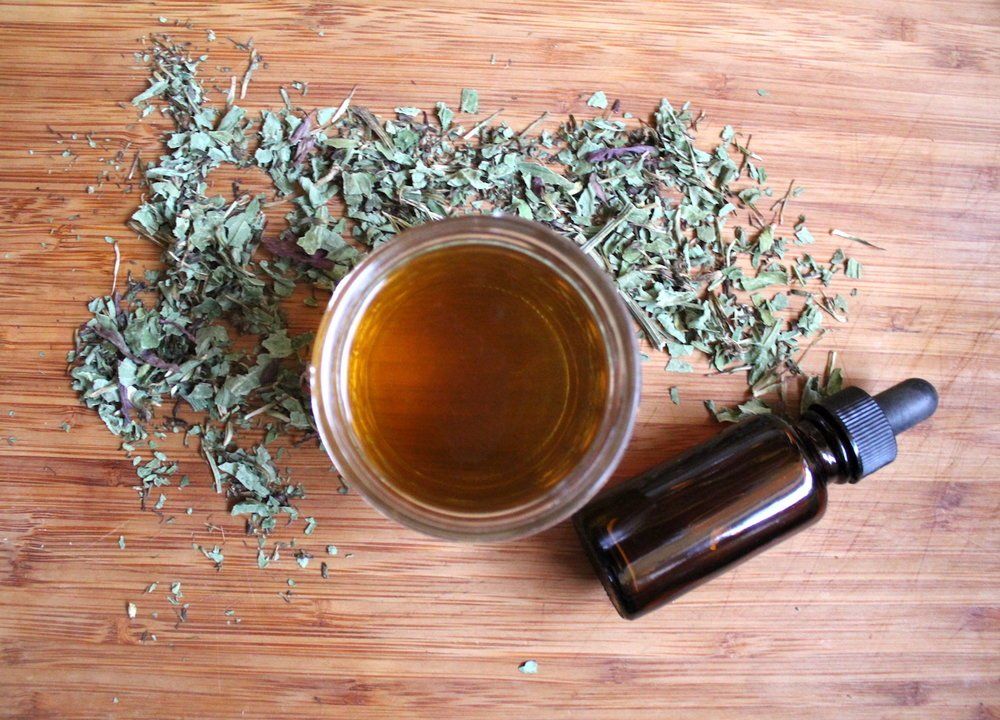Ashwagandha
Ashwagandha
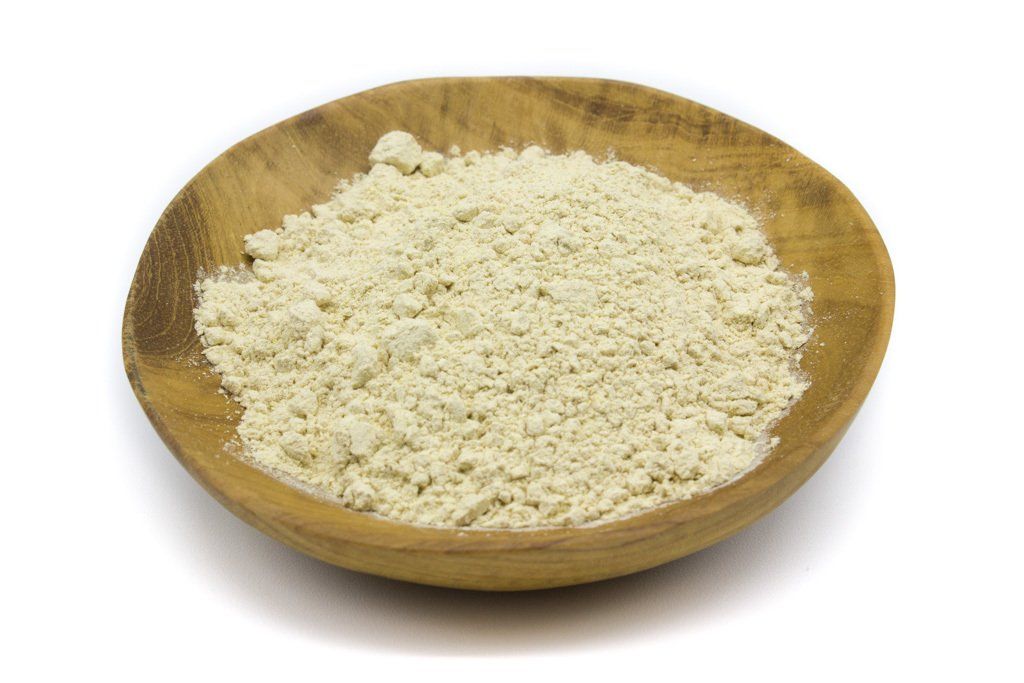
Overview
Ashwagandha is an evergreen shrub that grows in India, the Middle East, and parts of Africa. It has a long history of use in traditional medicine.
For hundreds of years, people have used the roots and orange-red fruit of ashwagandha for medicinal purposes. The herb is also known as Indian ginseng or winter cherry.
The name “ashwagandha” describes the smell of its root, meaning “like a horse.” By definition, ashwa means horse.
Practitioners use this herb as a general tonic to boost energy and reduce stress and anxiety. Some also claim that the herb may be beneficial for certain cancers, Alzheimer’s disease, and anxiety.
More research is necessary; to date, promising studies into the health benefits of ashwagandha have mainly been in animals.
This article looks at the traditional uses of ashwagandha, how to take it, and the evidence behind its possible health benefits and risks.
What do People Use Ashwagandha for?
Ashwagandha is an important herb in Ayurvedic medicine. This is one of the world’s oldest medical systems and one of India’s healthcare systems.
In Ayurvedic medicine, ashwagandha is considered a Rasayana. This means that it helps maintain youth, both mentally and physically.
There is some evidence to suggest that the herb can have neuroprotective and anti-inflammatory effects. Inflammation underpins many health conditions, and reducing inflammation can protect the body against a variety of conditions.
Ashwagandha is considered to be a traditional stress reliever. It is also being investigated for its potential to enhance memory and immune function. But what does the science say about all its purported health benefits and are any supported by decent evidence?
Like most supplements, ashwagandha is not approved by the FDA for any purpose. The evidence presented here is considered preliminary and insufficient to justify medical use.
Traditional Uses of Ashwagandha
In the Indian traditional medicine system of Ayurveda, ashwagandha is seen as a broad-spectrum remedy. It’s classified as a Rasayana or rejuvenator.
These are some of the traditional uses:
- The roots are used as a tonic, aphrodisiac, diuretic, antiparasitic, astringent, and stimulant
- The leaves are recommended for fever and painful swelling
- The seeds are antiparasitic while the flowers are used as an astringent, diuretic, and aphrodisiac and have detoxifying effects
- The berries and tender leaves are applied externally to tumors, ulcers, and wounds
- Other useful parts are the stem, fruit, and bark
Ashwagandha root is also used to restore health in women after giving birth and to thicken and increase the nutrition of breast milk. Despite its centuries-long use in India, Ashwagandha has only recently gained scientific recognition in the West.
It can reduce anxiety and stress, help fight depression, boost fertility and testosterone in men, and even boost brain function.
Health Benefits of Ashwagandha
Ashwagandha supplements have not been approved for medical use and generally lack solid clinical research. Regulations set manufacturing standards for them but don’t guarantee that they’re safe or effective. Speak with your doctor before supplementing.
Ashwagandha is an ancient medicinal herb with multiple health benefits.
1. Stress
Of all of the potential benefits of ashwagandha, this has the most robust body of evidence to support it.
Ashwagandha is traditionally used as a tonic to calm the nerves. In two studies of 116 chronically stressed people, the root extract improved stress, well-being, and happiness; it also reduced cortisol levels.
In a study of 39 people, ashwagandha extract was slightly effective for people with anxiety. Although these results are promising, the effectiveness of ashwagandha in people with anxiety remains to be determined in larger, better-designed trials.
In several animal studies, Ashwagandha was helpful against anxiety and depression and for improving stress tolerance.
2. Memory
Ashwagandha root extract improved memory in 50 people with mild cognitive impairment. The extract also improved working memory in another study of 53 people.
In rats, Ashwagandha protected against memory impairment due to PTSD and the lack of oxygen (hypoxia).
3. Weight Loss & Muscle Growth
Ashwagandha root extract reduced food cravings, eating, and body weight in a study of 52 people.
In three studies with over 100 people, ashwagandha extract in combination with resistance training:
- Reduced body fat
- Increased muscle strength
- Boosted testosterone
- Reduced body fat
4. Endurance
In a trial of 49 healthy athletic adults, Ashwagandha extract improved endurance and self-reported physical health after 12 weeks.
It had the same effect on 40 elite cyclists after 8 weeks of supplementation.
5. Diabetes
Ashwagandha has helped with diabetes by reducing blood sugar and insulin levels and enhancing antioxidant defense, but more research is required to determine whether it’s effective for this purpose.
In a small trial of 12 people, Ashwagandha decreased blood sugar levels as effectively as diabetes medication, without significant adverse side effects.
Ashwagandha also reduced blood sugar in several animal studies. In some of these studies, HbA1c (a measure of long-term blood sugar) and insulin levels improved as well.
In other animal studies, Ashwagandha reduced the severity of complications from diabetes, such as testicular dysfunction, cataracts, and nerve pain. Supplementation also improved antioxidant status; this is helpful because excess glucose creates oxidative stress.
6. Heart Health
Ashwagandha is believed to reduce blood pressure and cholesterol and prevent atherosclerosis, thus improving heart health, but clinical evidence is limited. In one human trial, adding ashwagandha to conventional anti-ischemic drugs improved outcomes compared to the conventional treatment alone.
In animal studies, Ashwagandha reduced the risk of stroke and heart attacks. It also decreased triglyceride levels and protected against oxidative damage due to chemotherapy.
7. Infections
Antibacterial Activity
In a study of 133 people with tuberculosis, Ashwagandha and other herbals in combination with antibiotics relieved coughing and fever better than antibiotics alone. In another study of 99 people with tuberculosis, Ashwagandha improved symptoms, inflammation, and body weight.
In mouse and cell studies, Ashwagandha has inhibited or killed bacteria such as Salmonella and Staphylococcus aureus.
Antiviral Activity
An herbal remedy containing Ashwagandha sped up recovery from viral hepatitis in 29 patients.
Ashwagandha has also shown antiviral activity against HIV, herpes, and Infectious Bursal Disease virus in cell-based studies.
Antifungal Activity
Ashwagandha inhibited the growth of multiple species of fungus (Aspergillus flavus, Fusarium oxysporum, and Fusarium verticillioides) in a cell study.
Anti-Parasitic Activity
Ashwagandha has shown anti-parasitic activity against Leishmania and Malaria in animal studies.
8. Symptoms of OCD & ADHD
In a study of 30 people with obsessive-compulsive disorder (OCD), Ashwagandha extract taken with standard treatment reduced their symptoms more than medication alone.
Ashwagandha also effectively treated the symptoms of OCD in mice.
ADHD is usually treated with psychostimulants, such as Ritalin. However, their long-term safety has been questioned in several studies. A safer alternative would be preferable for many parents.
An herbal mix containing Ashwagandha, peony, Gotu Kola, spirulina, bacopa, and lemon balm improved response time, impulsivity, and focus in a study of 120 children with ADHD, with no adverse side effects reported.
No studies have yet investigated the effect of Ashwagandha alone in ADHD.
9. Schizophrenia
In a pilot trial of 11 people, Ashwagandha reduced the severity of sensory problems experienced by schizophrenia patients.
However, it did not help with feelings of isolation or depression in another study of 25 schizophrenic patients.
10. Pain
Ashwagandha reduced pain, stiffness, and disability in 60 people with knee joint pain. Ayurvedic treatment containing ashwagandha reduced pain, joint tenderness, and swelling in a study of 86 people with rheumatoid arthritis.
In another study of 42 people, an herbal mixture containing Ashwagandha, Indian frankincense, turmeric, and zinc reduced pain from osteoarthritis. Ashwagandha also relieved pain in three rodent studies.
11. Reproductive Health
Ashwagandha has the potential to improve reproductive health in both women and men by normalizing hormone levels, semen quality, and sexual function.
Women
Ashwagandha may reduce the complications of menopause. In a trial of 51 menopausal women, ashwagandha reduced symptoms such as hot flashes, mood fluctuations, sleep issues, irritability, and anxiety.
In 50 healthy women, Ashwagandha improved self-reported measures of sexual function such as arousal, lubrication, orgasm, and satisfaction.
Ashwagandha with Tribulus terrestris restored hormone balance in rats with polycystic ovary syndrome (PCOS).
Men
In a clinical trial of 150 men, Ashwagandha reduced oxidative stress, increased testosterone, and lowered FSH. These hormonal changes encourage the production of new sperm cells. It also improved sperm count and mobility.
In 46 men with low sperm count, Ashwagandha increased:
- sperm count, by 167%
- semen volume, by 53%
- sperm motility, by 57%
It recovered semen quality in 180 infertile men.
12. Sleep
Ashwagandha may help people fall asleep and improve sleep quality. It may also reduce the consequences of sleep deprivation.
The root or whole plant extract has been used as a sleep agent in Ayurveda. A mouse study found that triethylene glycol is the active component of Ashwagandha responsible for sleep induction.
Ashwagandha improved sleep quality in 6 out of 18 healthy people. It also improved sleep in rats by activating the GABA pathway.
Sleep loss is unhealthy and leads to increased levels of reactive oxygen species (ROS) and cell death in the brain. Interestingly, Ashwagandha prevented the negative effects of sleep deprivation in rodents, likely through antioxidant mechanisms.
13. Immunity
Ashwagandha may stimulate the immune system to fight infections and cancer, but more clinical trials are needed.
In a small trial of 5 people, Ashwagandha extract improved the immune response by activating white blood cells. In two other trials (a total of 142 people), an herbal mix containing Ashwagandha increased the activity of natural killer cells, white blood cells specialized to fight tumors and viruses.
In mice, Ashwagandha extract enhanced immunity by activating bone marrow cells, macrophages, and lymphocytes.
It increased the levels of Th1 cytokines and prevented the depletion of white blood cells in stressed mice.
Finally, in a combined mouse and cell study, Withaferin A inhibited the activity of myeloid-derived suppressor cells (MDSCs).
These dysfunctional immune cells can stimulate tumor growth and prevent the immune system from attacking cancer cells.
14. Gut Health
In a single case report, an Ayurvedic medication containing Ashwagandha helped treat constipation, stomach pain, and vomiting.
An enema of Ashwagandha restored the health of the intestinal lining in rats with IBD.
Note, however, that one animal study and a single case study of an herbal blend cannot be considered strong evidence. We need additional studies before making any definitive claims about Ashwagandha's effect on the digestive system.
15. Adrenal Function
Congenital adrenal hyperplasia (CAH) is an inborn dysfunction of enzymes that control hormone production in the adrenal gland. It results in a deficiency of cortisol and aldosterone and an excess of male hormones. Symptoms include excess facial hair, acne, hair loss, menstrual irregularity, and infertility.
In two case studies, Ashwagandha improved the symptoms and hormone levels of elderly women with CAH.
Controlled trials will be needed to confirm this benefit.
Ashwagandha Uses Lacking Evidence
No clinical evidence supports the use of ashwagandha for any of the conditions listed in this section.
Below is a summary of the existing animal and cell-based research, which should guide further investigational efforts. However, the studies listed below should not be interpreted as supportive of any health benefit.
16. Oxidative Stress
Ashwagandha increases the body’s natural antioxidant capacities, which may promote longevity.
Withanolides, the Ashwagandha active compounds, are potent antioxidants. In a study on human cells, Ashwagandha improved markers of age-related oxidative stress (FOXO3A and SIRT3), suggesting it may prevent premature aging.
In rat studies, Ashwagandha boosted the body’s antioxidants, including superoxide dismutase (SOD), catalase, and glutathione. It also prevented kidney injury due to dehydration and oxidative damage due to chemotherapy.
Longevity Studies
Ashwagandha’s antioxidant properties may potentially increase longevity. It increased the antioxidant enzymes and reduced markers of oxidative stress in a study of 30 people.
In three studies, Ashwagandha extended the lifespan of a worm (C. elegans) often used to study models of longevity.
17. Brain Health
In cell studies, Ashwagandha promoted the growth of brain cells and stimulated neuronal regeneration.
Ashwagandha can reduce oxidative damage from drugs and protect against excess glutamate. It helped control epileptic seizures in mice and treat dyskinesia (involuntary movement) in rats.
Alzheimer’s Disease
Alzheimer’s disease is a form of dementia caused by deposits of beta-amyloid proteins and the loss of brain cells. Ashwagandha improved cognitive function and reduced beta-amyloid deposits in mouse models of Alzheimer’s.
Parkinson’s Disease
Ashwagandha may protect against nerve damage and improve the symptoms of Alzheimer’s and Parkinson’s disease. Clinical studies should confirm these benefits.
Parkinson’s disease is a neurodegenerative disease involving the progressive loss of dopamine neurons. In a mouse model of Parkinson’s, Ashwagandha normalized dopamine levels and reduced free radical damage to brain cells.
Huntington’s Disease
Huntington’s disease is a genetic disorder that causes oxidative damage and a progressive breakdown of brain cells.
In rat studies, Ashwagandha protected against oxidative stress and mitochondrial dysfunction, suggesting it could be useful in diseases such as Huntington’s.
18. Bone Health
According to animal studies, ashwagandha may prevent bone loss due to menopause and calcium deficiency. This potential benefit has not yet been studied in humans.
Bone health issues often arise after menopause, when low levels of estrogen disrupt the bone structure. In mice with estrogen deficiency, Ashwagandha prevented bone loss and stimulated new bone formation.
It improved bone building in calcium-deficient rats and chickens and increased bone collagen in arthritic rats.
In cell studies, Ashwagandha stimulated bone formation and protected cartilage.
19. Kidney Damage
In rat studies, Ashwagandha protected the kidneys against toxicity of several chemicals, including:
- Bromobenzene (a toxic chemical)
- Carbendazim (antifungal)
- Gentamicin (antibiotic)
- Lead (heavy metal)
- Streptozotocin (chemotherapy)
It also protected against kidney damage caused by dehydration.
20. Liver Health
Ashwagandha protected the liver against damage from radiation and heavy metals in rats.
It increased the bile content in rats with high cholesterol and decreased certain liver enzymes that indicate tissue damage.
21. Respiratory Health
Polysaccharides extracted from Ashwagandha suppressed coughing in guinea pigs as effectively as codeine.
In baby rats, withaferin A also protected the lungs against inflammation and oxidative stress caused by toxic bacterial lipopolysaccharides (LPS). Future trials will clarify whether Ashwagandha or its compounds may be helpful against respiratory infections.
22. Autoimmunity
Lupus is an autoimmune disease that involves high levels of inflammation. In a mouse study, Ashwagandha reduced inflammatory markers that tend to be high in lupus and other autoimmune diseases, including IL-6 and TNF-alpha.
23. Traditional Use as a Venom Antidote
In India, Ashwagandha is used to treat snake bites and scorpion stings. A compound from Ashwagandha inhibits cobra and viper venom in mouse and cell studies.
24. Mild Hypothyroidism
Mild hypothyroidism, or low thyroid hormones, occurs in 3-8% of people and is especially common in women over 55. Treatment with levothyroxine, a synthetic form of the thyroid hormone T4, often comes with more risks than benefits; thus, many people with mild hypothyroidism go untreated.
In a trial of 50 people with mild hypothyroidism, Ashwagandha extract normalized TSH and thyroid hormones (T3 and T4).
It also increased thyroid hormones in hypothyroid rodents and reduced oxidative stress and inflammation.
Ashwagandha is believed to increase thyroid hormones, but the available research is scarce.
Cancer Research
Ashwagandha improved fatigue and quality of life in a trial of 100 cancer patients receiving chemotherapy.
Several animal and cell studies have shown that the constituents of Ashwagandha, in particular withaferin A, inhibit or destroy cancer cells.
What’s more, Ashwagandha can make the chemotherapy drug paclitaxel more effective against lung cancer, according to mouse studies.
In cell and animal studies, Ashwagandha has slowed or reversed the growth of several cancers, including:
- Brain
- Breast
- Cervical
- Colon
- Kidney
- Lung
- Lymphoma
- Ovarian
- Pancreatic
- Prostate
- Skin
- Stomach
Ashwagandha may support chemotherapy and improve quality of life. Cell and animal studies are investigating if it can block the growth of different cancers, but much more robust research will be required.
Possible Side Effects
Ashwagandha also has the potential to raise thyroid hormone levels, and people with hyperthyroidism may want to avoid it.
The following side effects were also reported with larger doses or in sensitive individuals:
- Stomach upset
- Nausea
- Diarrhea
- Vomiting due to stomach and gut mucous irritation
- Bloating
- Anxiety / Irritability
- Skin allergies
This list does not cover all possible side effects. Contact your doctor or pharmacist if you notice any other side effects.
Takeaway
Ashwagandha is a versatile traditional herb that’s traditionally thought to relieve anxiety and stress. Its active components have been investigated for cognitive and emotional benefits; they may also help manage neurological conditions from Alzheimer’s to schizophrenia, but more research is needed.
The antioxidant properties of ashwagandha are hypothesized to protect the liver, lungs, brain, and kidneys. It may also prevent hormonal imbalances and improve sexual function in both men and women, but larger trials are required to verify its effectiveness and safety.
Sources of Information: Wikipedia, everydayhealth.com & webmd.com
Share this information on...
